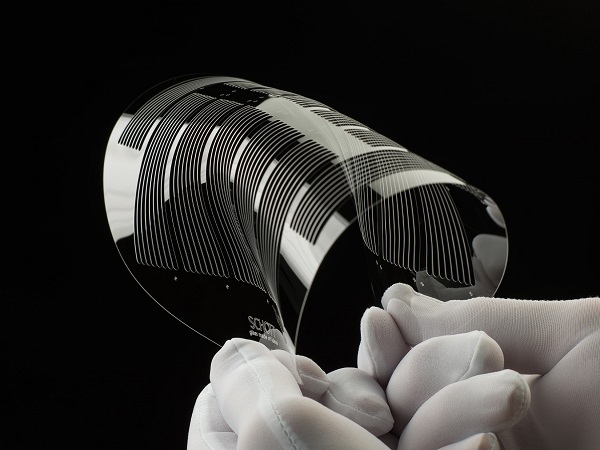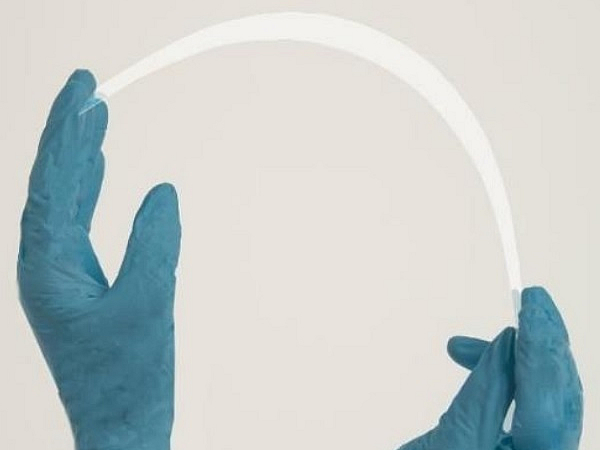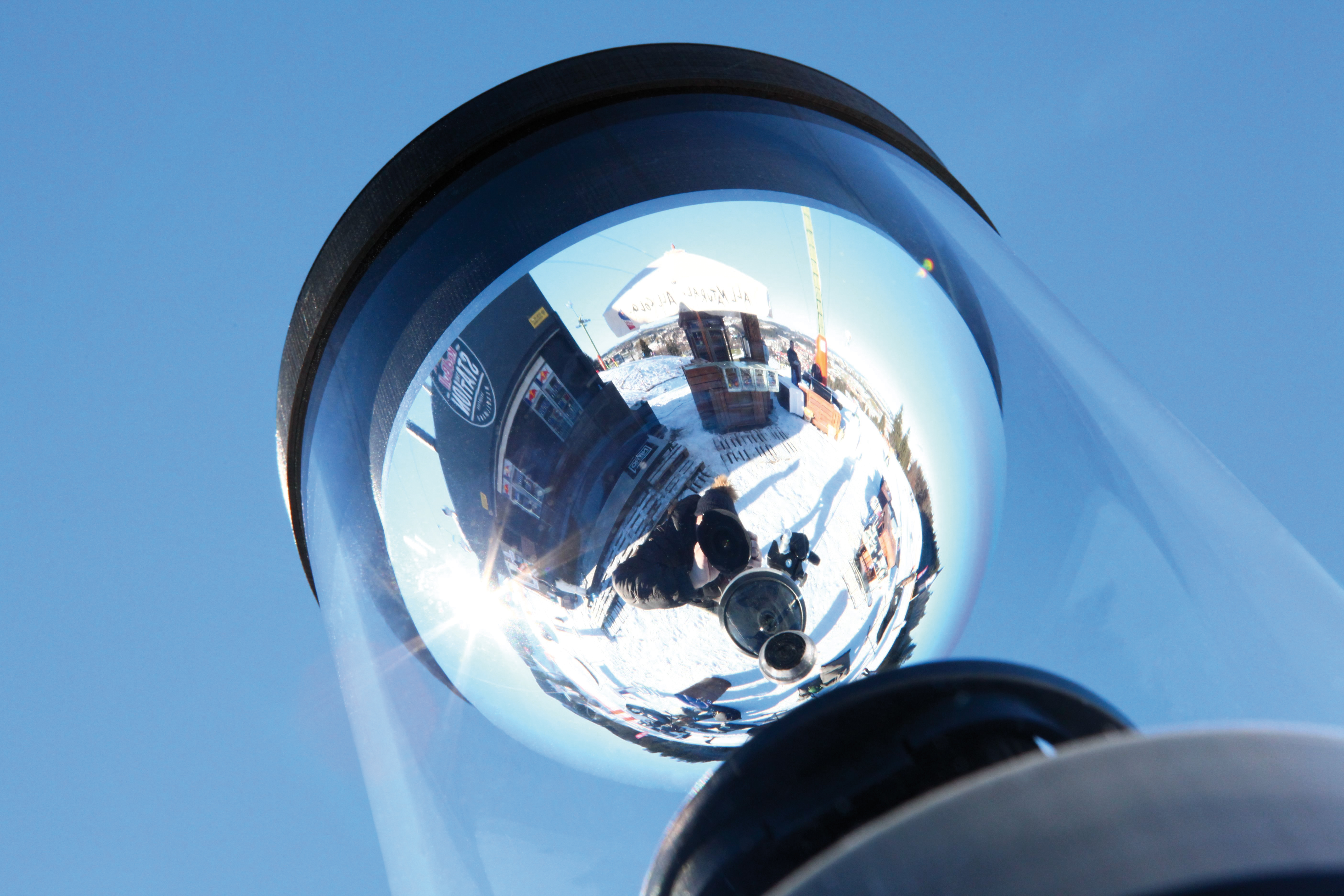Date: 22 August 2012
The main components of borosilicate glass are silica and boron oxide which provide for a very low coefficient of thermal expansion, making the glass more resistant to thermal shock than other standard glass substrates. Additionally, borosilicate glass is resistant to chemical corrosion making it suitable for laboratory use.
Abrisa Technologies can apply Anti-reflective, dichroic, UV, IR, ITO and IMITO coatings to the glass substrates as well as chemically and heat strengthen, machine, drill, cut, edge, polish, clean, grind, and screen print the glass for total optical solution.
Abrisa Technologies can provide the following borosilicate options:
- SCHOTT Borofloat®33 Multi-Functional Float Glass – versatile, with excellent light transmission, thermal properties and chemical resistance. (Thickness availability from 0.7mm to 25.4mm and sizes up to 90″ x 67″)
- SCHOTT Borofloat® Infrared Reflective (IRR) – excellent glass for use where high radiant heat conditions exist; reflects long wave length radiation while providing a high grade of transparency
- SCHOTT Supremax® Rolled Borofloat® – low thermal expansion, high chemical durability, good optical propertied, low density and large thickness range. (Thicknesses from 26.6 mm to 66.7 mm and sizes up to 90″ x 67″)
- SCHOTT D263 Colorless Thin Glass – is a borosilicate glass with a low alkali content. Has extremely flat surfaces, is a good substrate for coatings, has an excellent transmission over a large spectrum, is highly chemical resistant, and a smooth fire polished surface. (Thicknesses from 0.030 mm to 1.1 mm and sizes up to 17″ x 14″)
- SCHOTT AF45 Alkali Free Thin Glass – is a modified borosilicate glass that features an alkali-free composition. Has excellent transmission characteristics, good thermal properties, extremely flat surfaces, and broad thickness ranges. (Thicknesses from 0.05 mm to 0.50mm and sizes up to 17″ x 14″.
- SCHOTT Duran® Tubed Lab Glass – is a general borosilicate glass with high resistance to chemicals and heat making it ideal for laboratory glassware.
About Abrisa Technologies: Abrisa Technologies is headquartered in Santa Paula, California and is comprised of three divisions that provide precision optical products and services. The divisions include; Abrisa Industrial Glass, Inc., Sycamore Glass Components, and ZC&R Coatings for Optics. As a market leader in optical coatings and high quality precision glass fabrication, Abrisa Technologies is dedicated to providing premier customer service and cost-effective products that fit each customer’s exacting requirements. www.abrisatechnologies.com






Add new comment